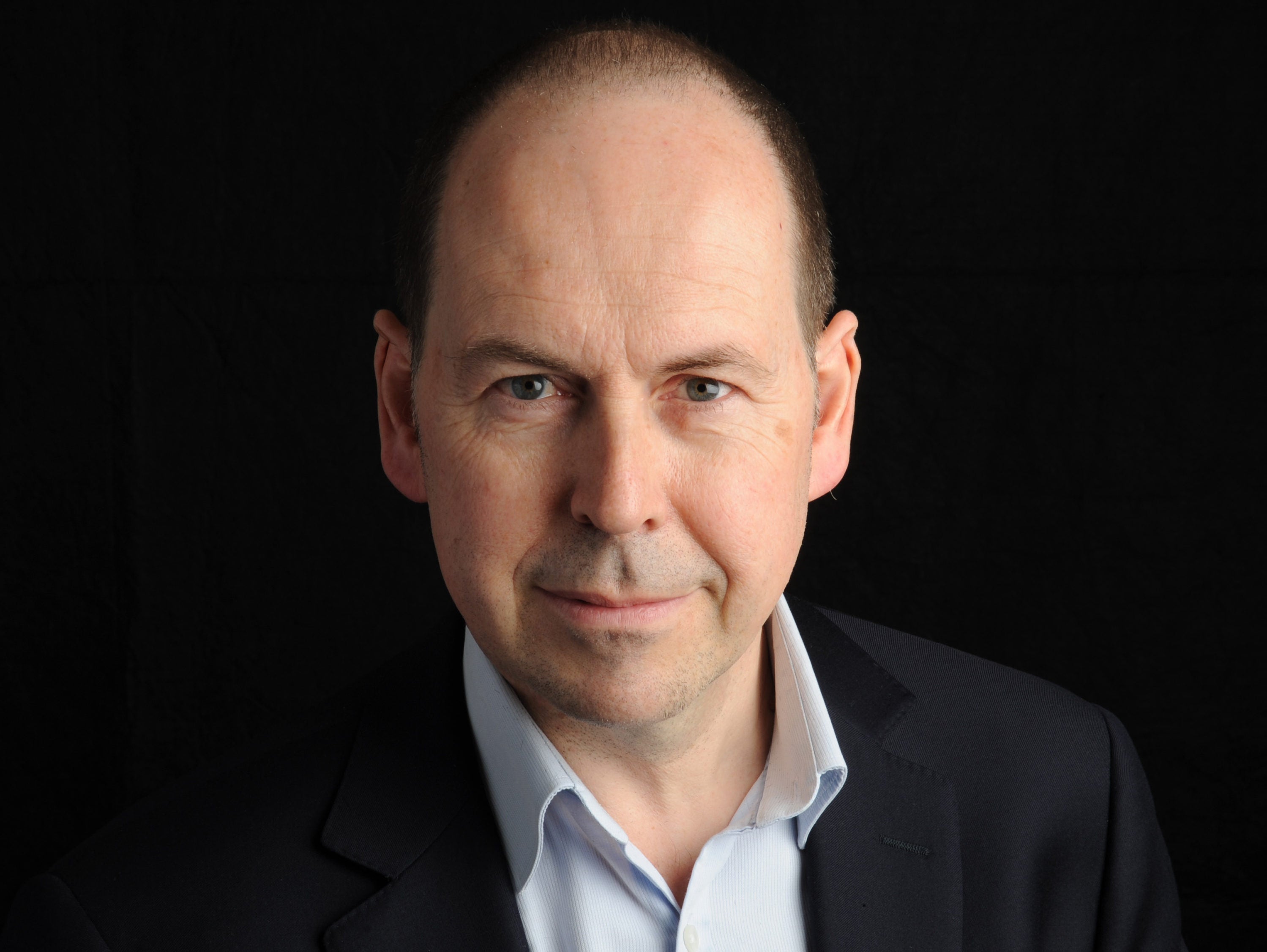
BBC technology correspondent Rory Cellan-Jones has said he intends to keep working at the broadcaster for “as long as I’m still enjoying it” after revealing he is suffering from both Parkinson’s disease and cancer.
Cellan-Jones, who has been at the BBC for almost 38 years, said being told he had Parkinson’s in January this year was “nothing like as big a shock as being diagnosed with cancer”.
The journalist announced his Parkinson’s diagnosis on Thursday, after viewers noticed his hand shaking while he presented his first live broadcast over a 5G mobile connection for BBC News.
He said the reaction showed the “positive power of social media” as he was “slightly overwhelmed but gratified by how kind people have been” and by the messages received from colleagues, industry peers and even strangers.
He revealed in the Mail on Sunday at the weekend that he has been receiving treatment for choroidal melanoma, a cancerous tumour in his eye, since it was discovered during a routine eye test in 2005.
Speaking to Press Gazette, Cellan-Jones said he decided to speak publicly about his cancer for the first time because he felt it was “one in, all in”.
“When I was asked about the impact of being diagnosed with Parkinson’s the obvious thing to say frankly was it was nothing like as big a shock as being diagnosed with cancer so I was in some ways prepared for it – if you can be prepared for it,” he said.
“For somebody who’s never had a life-changing illness it would have been much worse to be diagnosed with Parkinson’s, but for somebody to be given the news about something that sounds very scary it wasn’t so bad.
“I could have talked my way around it and I just decided one in all in as it were, might as well.”
Cellan-Jones had a course of radiotherapy to shrink the tumour in his eye immediately after being diagnosed and has been monitored every four months since for signs of growth, which have been tackled every two to three years with laser treatment.
Doctors have recently said the tumour is growing again and Cellan-Jones will spend a week at the start of July at a cancer treatment centre in the UK receiving proton beam therapy, a new treatment which he said was “very advanced, very targeted and seems to be very effective”.
He went to his GP and was referred to a neurologist last summer after noticing his right foot had begun to drag. Before his Parkinson’s was diagnosed in January, a viewer contacted the BBC suggesting he see a doctor after spotting a slight tremor in his hand.
Parkinson’s disease is an incurable condition in which parts of the brain become progressively damaged. The three main symptoms are tremors, stiffness and slowness of movement.
Since announcing his diagnosis on Twitter with a message that declared he would continue “onwards and upwards”, Cellan-Jones said he now realises more people had noticed his symptoms on TV than he first thought.
On speaking publicly about his diagnosis, he said: “A lot of people have got this and I think some people choose not to say anything about it and that’s their choice, but it sometimes can have difficulties. People can make the wrong assumptions.
“You hear people saying ‘I thought so-and-so’ was drunk and you don’t want that obviously and I’ve had people contact me, people who have got Parkinson’s and have been encouraged that I’ve been public about it.”
Cellan-Jones told Press Gazette the illnesses have affected his work only in very minor ways, like having to tell colleagues he can no longer carry the tripod when out and about with a camera crew.
His eyesight is poor, he said, while his typing has become slow which means he plans to increasingly use voice-to-speech recognition software, and he tires easily – “I don’t walk as well as I did”.
But otherwise, he said he is still raring to go and points out that at 61 he could have retired already.
He said the role of a technology correspondent, which he has held for 12 years, is “endlessly fascinating”, adding: “It’s fun and there’s always something different coming along”.
The journalist said he also relishes the variety of being able to go on TV, radio, blog and host his own weekly World Service programme Tech Tent.
“I sort of deliberately haven’t looked too far forward. I’m just going to take things as they go,” he said. “Maybe one day I will want to go part time or have a portfolio career but right now I am carrying on regardless.
“As long as I’m still enjoying it, why not?”
Email pged@pressgazette.co.uk to point out mistakes, provide story tips or send in a letter for publication on our "Letters Page" blog
